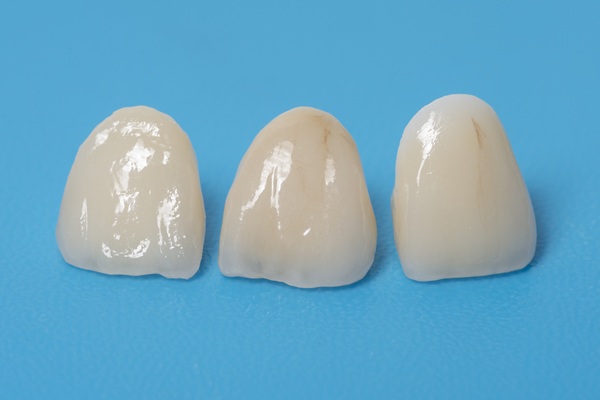How to Extend the Life of Your New Dental Crown

Dental crowns are a reliable and durable solution for restoring the appearance and function of damaged teeth. While dental crowns are designed to last years, proper care and maintenance are essential for extending their lifespan. Following practical steps and working closely with your dentist can protect your investment and enjoy a confident smile for years.
Practice good oral hygiene
Maintaining excellent oral hygiene is the foundation of preserving dental crowns. Brush at least twice a day using a soft-bristled toothbrush and fluoride toothpaste. Pay special attention to the gumline around the crown to remove plaque and prevent decay in the underlying tooth.
Flossing is equally important for keeping the areas between teeth and beneath the crown clean. If accessing these areas is challenging, consider using floss threaders or interdental brushes. The dentist may also recommend an antibacterial mouthwash to further reduce the risk of plaque buildup.
Avoid harmful habits
Certain habits can significantly shorten the lifespan of dental crowns. Avoid biting on hard objects such as ice, pens, or fingernails, as these actions can crack or chip the crown. Patients who grind or clench their teeth, a condition known as bruxism, should discuss protective measures with their dentist, such as wearing a custom night guard.
Another way to protect dental crowns is to limit their consumption of sticky or hard foods. Foods like caramel or hard candies can loosen or damage the crown, compromising its effectiveness.
Schedule regular dental checkups
Routine dental visits are essential for monitoring the condition of dental crowns and overall oral health. During checkups, the dentist will examine the crown for signs of wear, cracks, or other issues. Professional cleanings remove plaque and tartar that regular brushing and flossing may miss, ensuring a clean and healthy environment for the crown.
If any issues with the crown arise, such as discomfort or a change in fit, it is important to notify the dentist immediately. Early intervention can prevent minor problems from developing into more significant concerns.
Protect the crown during physical activities
Engaging in sports or other physical activities can increase the risk of dental injuries. Wearing a custom mouthguard during these activities protects dental crowns and natural teeth from impact. A properly fitted mouthguard cushions the teeth and reduces the likelihood of damage.
Maintain a healthy diet
A balanced diet contributes to the longevity of dental crowns. Nutrient-rich foods, such as fruits, vegetables, and dairy products, contribute to strong teeth and gums. Reducing the intake of sugary and acidic foods minimizes the risk of decay in the tooth beneath the crown. Drinking water regularly helps rinse away food particles and bacteria, promoting a healthier oral environment.
Consult a dentist today
Extending the life of dental crowns requires a combination of proper hygiene, preventive care, and healthy habits. By prioritizing regular dental visits, avoiding harmful behaviors, and maintaining a balanced diet, patients can protect their crowns and enjoy a strong, healthy smile for years to come. Consulting with your dentist ensures that your crowns receive the attention and care they need to remain effective and durable. For more information, schedule a consultation visit today at Eastside Dental.
To schedule a consultation, request an appointment on our website at https://www.esdmke.com or call Eastside Dental at (414) 888-4000 for an appointment in our Milwaukee office.
Check out what others are saying about our dental services on Yelp: Dental Crowns and Dental Bridges in Milwaukee, WI.
Related Posts
Picking the right dental crowns might be hard, which is why you should understand a few questions to ask. If you want a cosmetic procedure, it might be even harder to choose the process for you. But if you do your research first, you can make the most informed decision possible. Keep reading to find…
Dental crowns are to thank for restoring teeth that are in bad shape. However, once they are placed, it is up to the patient to ensure that the crown does its job.There are a few things that dentists recommend once a dental crown has been placed. These recommendations can be extremely helpful when trying to…
Dental crowns are used in general dentistry very frequently as they are quite versatile. They can solve a number of problems ranging from a simple chip to a severe break. When considering dental restorations, it is worth looking into dental crowns. Outside of being versatile, they are offered in different materials, which can be helpful…
After getting dental crowns, it is normal for patients’ mouths to feel different. However, it should not cause significant problems for the patient. There are a few signs that something is wrong after getting a new crown. Read on to learn more.The crown should not be loose or unstable. The cement the dentist used to…


